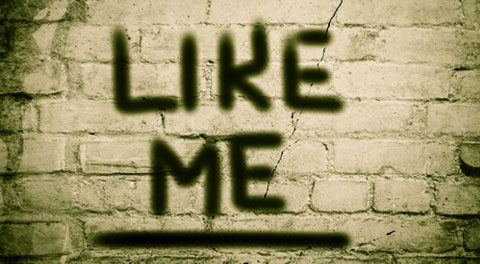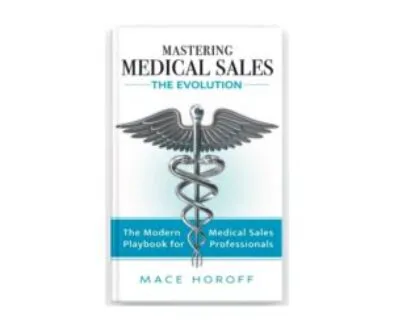Get Over Yourself—Customers Don’t Need to Like You
There is a huge myth in the medical sales community that relationships are everything. That’s a bunch of BS. Are relationships important? Yes, to a point. The problem is that too many medical sales representatives base their sales approach on trying to be liked instead of trying to be effective.
I have to stifle my laughter when I’m in a doctor’s office and some bubbly sales rep walks in with food or other treats. When the reception asks the nature of the visit, the rep will say, “I brought a delicious lunch. Great desserts. Chocolate. Door prizes.
I can’t tell if I’m in a healthcare professional’s domain or in the tasting line at Costco.
Even when I ride with reps, there is a huge effort to be liked. Don’t misunderstand me—I advocate greeting every person you encounter, by name if possible. And I’m friendly to everyone. But some of the conjured, empty compliments I hear make me want to throw up! I rode with one rep who used a standard compliment with almost every woman she encountered. “Barbara, your hair looks awesome. Is that a new cut? It frames your face perfectly. Is your stylist local? Can I get the number?” I thought it was a real compliment the first time, but by the second through sixth time I started to wonder if my trainee was just schmoozing or putting together a hair stylist directory.
When I see reps trying to be liked by doctors, it’s even more pitiful. Here is a highly-paid, extremely busy professional who agrees to give a sales rep a few minutes of valuable time, probably with the expectation that the rep may have a product or service that could help a patient. Instead of opening with something relevant and valuable, too many reps say something like, “Did you see Alex Rodriguez’s 3,000th hit? Is he amazing or what? “ I’m a reasonable guy. I was waiting for Mr. Sports Rep to transition into how his product could benefit patients who need arthroscopic hip surgery just like it helped Alex Rodriguez. But he didn’t. He just continued to make small talk and after consuming several minutes, trying to get the doctor to like him, he said, “Can I show you something new?” The doctor said, “Not now. I need to get back on track with my patients. I’m really backed up. Another time. I’ll watch the Yankees game this weekend.” Sad truth, he thought that was a good sales call.
What does it mean to be liked? In the simplest sense, I think it means that people enjoy being around you. Maybe because you’re nice to them and compliment them on their hair. Or maybe it’s because you bring chocolate. It’s better to be liked than disliked, but what about neutral? Is a neutral feeling okay?
Do customers need to like you in order to buy from you? The answer is no. They don’t need to like you. Don’t get me wrong, it doesn’t hurt if they do. But if they like you and they’re not buying from you, other than warm fuzzies, what do you get out of it?
The basis of relationships in healthcare sales is not about being liked; it’s about providing distinct value. You know what healthcare providers really like? They like sales reps who help them to align with mandates and initiatives that drive their business. They like medical reps who solve their problems and make their lives, and the lives of their patients, better.
A customer who likes you might agree to let you buy him dinner. But a customer who values you will put money in your pocket, and he can do so without really liking you.
You certainly don’t want to be disliked, but customers don’t need to think flowers and music when you walk in the room.
If you need to be liked, get a dog. If you want love from your customers, seek love that comes in the form of a check. Don’t feed them sugary foods that will ultimately clog their arteries and force them into the next larger size of scrubs. Instead, find ways to make their jobs better and to help them meet their goals. That way they’ll buy from you, and even if they don’t like you, you’ll still get paid.



